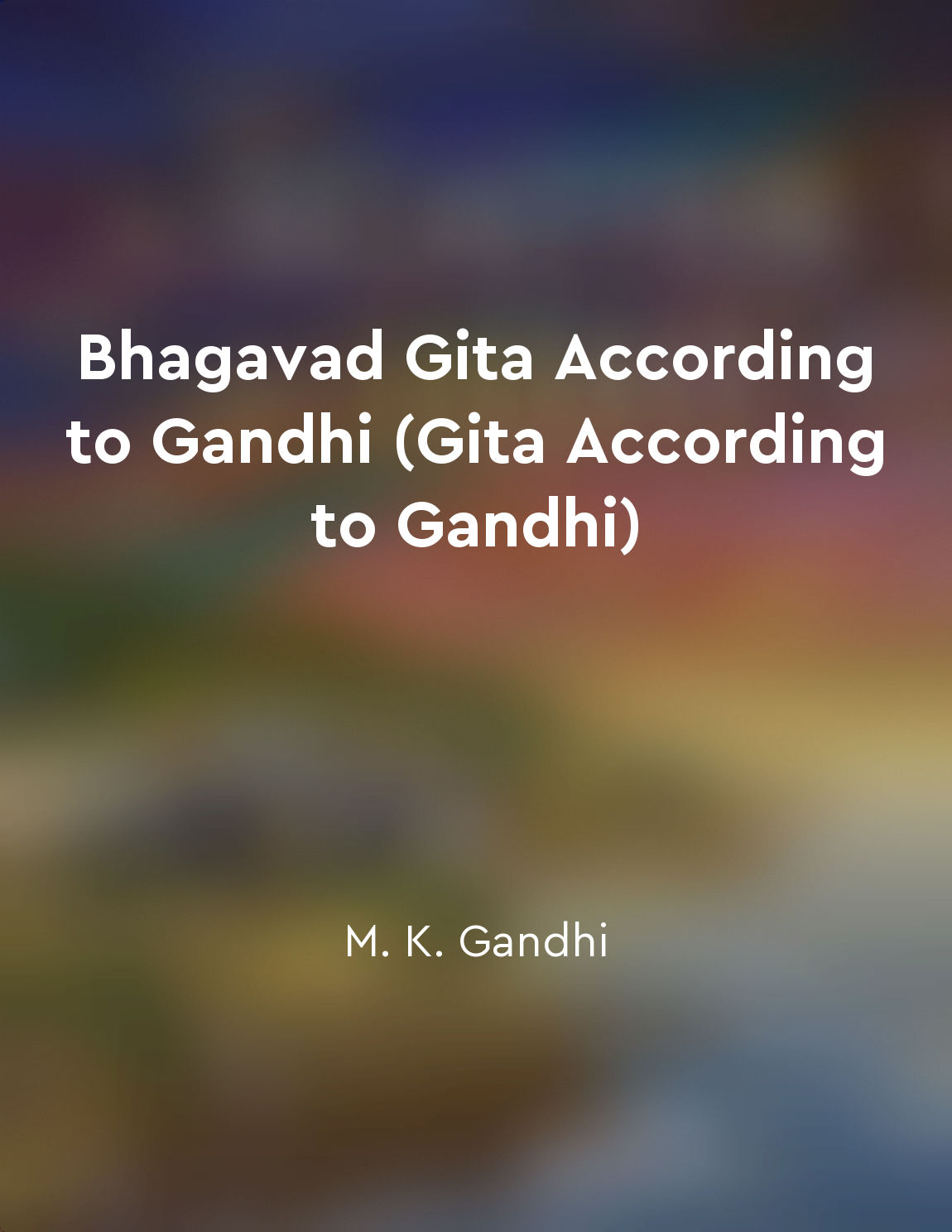Dogmatic beliefs suppress individual autonomy from "summary" of Why I am an Atheist by Bhagat Singh
The idea that dogmatic beliefs suppress individual autonomy is crucial in understanding the oppressive nature of religious institutions. When individuals are indoctrinated with rigid beliefs and teachings, they lose the ability to think critically and make decisions for themselves. This results in a loss of personal autonomy and agency, as their actions are dictated by the dogma of the religion. In the case of Bhagat Singh, he experienced firsthand how dogmatic beliefs can stifle individual freedom. Growing up in a society where religious institutions held significant power, he was constantly surrounded by people who adhered blindly to religious doctrines without questioning them. This lack of critical thinking and independent reasoning limited the freedom of individuals to explore other ideas and beliefs. Moreover, dogmatic beliefs often lead to the suppression of dissenting opinions and the persecution of those who challenge the status quo. Religious institutions have a long history of silencing dissent and punishing those who dare to question the established beliefs. This fear of reprisal can further restrict individual autonomy, as people are afraid to speak out against the prevailing dogma for fear of retribution. By breaking free from dogmatic beliefs, individuals can reclaim their autonomy and think for themselves. Bhagat Singh's decision to embrace atheism was a rejection of the oppressive religious dogma that had been imposed upon him. In doing so, he took control of his own beliefs and asserted his independence from the constraints of religious institutions.- The concept that dogmatic beliefs suppress individual autonomy is a powerful reminder of the dangers of blind adherence to rigid doctrines. By encouraging critical thinking and independent reasoning, individuals can break free from the shackles of dogma and reclaim their autonomy. Bhagat Singh's journey towards atheism serves as a testament to the importance of questioning established beliefs and asserting one's own autonomy in the face of oppressive religious institutions.
Similar Posts

Stay connected to the inner self
The Bhagavad Gita teaches us the importance of staying connected to our inner self. This connection is vital for navigating the...
We must strive for harmony within ourselves
The idea of striving for harmony within ourselves is a fundamental aspect of human existence. It is through this striving that ...
The historical background of Dr Ambedkar's conversion to Buddhism
Dr. Ambedkar's decision to convert to Buddhism was deeply rooted in his personal experiences and the historical context of the ...

Hinduism is a way of life, not just a religion
Hinduism is often described as a way of life rather than just a religion. This distinction is important because it encapsulates...

Seek liberation from the cycle of birth and death
The central teaching of the Bhagavad Gita is the idea of seeking liberation from the cycle of birth and death. This concept rev...
Desire is the root cause of suffering
At the heart of Buddhist teaching lies the understanding that attachment leads to suffering. This attachment manifests as desir...

